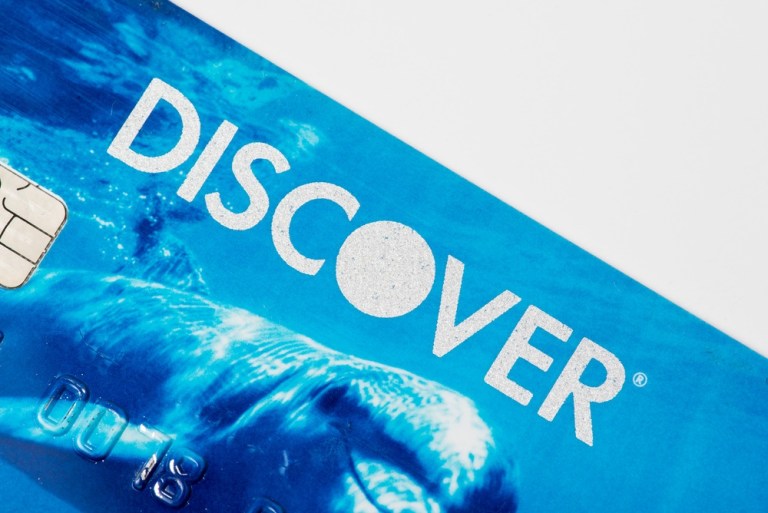Discover Latest To Ditch Signatures At POS

Discover, the payments company, announced news on Wednesday (Dec. 6) that as of April 2018, customers will no longer be required to provide a payment signature when they make retail purchases with their credit card or debit card at the point of sale (POS) when it’s on the Discover Global Network in the United States, Canada, Mexico and the Caribbean.
In a press release, Discover said the change was prompted by the company’s efforts to improve the payment experience by speeding up the checkout process, all while maintaining a high level of credit card security for customers and merchants. Discover said that it has already embraced several other digital authentication technologies — such as tokenization, multi-factor authentication and biometrics, which are more secure than requiring a signature and provide a more seamless payment transaction.
“As the payments industry continues to evolve and introduce new methods of transacting, we’re making sure that Discover is providing customers and merchants with a smooth and more secure payments experience,” said Jasma Ghai, vice president of Global Products Innovation at Discover. “With the rise in new payment security capabilities, like chip technology and tokenization, the time is right to remove this step from the checkout experience.”
The decision to no longer require a signature comes as the company is making other moves on the payments front. Earlier this week, Discover announced transactions made with Apple’s new Apple Pay Cash card will leverage the Discover Network. The card is part of the new Apple Pay functionality, which allows U.S. customers to quickly, easily and securely send and receive money among friends and family.
When Apple customers receive money on a supported device, the money is added to their new Apple Pay Cash card. They can use the money instantly to pay someone or to make purchases using Apple Pay in stores, via apps or on the web. In October, Discover announced that its card members can redeem cashback bonuses for a statement credit through Apple Pay.